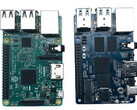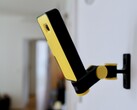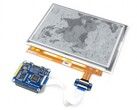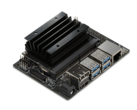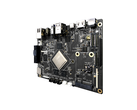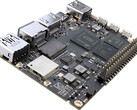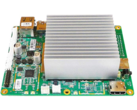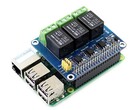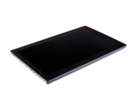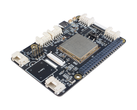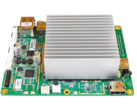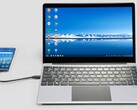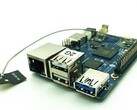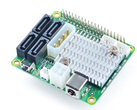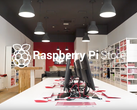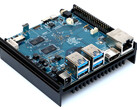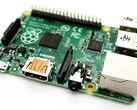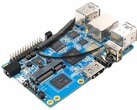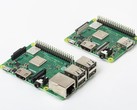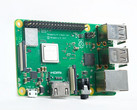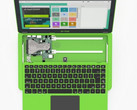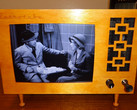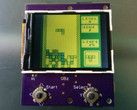The NanoPi NEO 4 measures just 60 x 45 mm, and yet FriendlyElec has managed to pack in a hexa-core SoC along with a host of connectors, ports and sensors. Specifically, the developer board is powered by the Rockchip RK3399, which integrates two Cortex-A72 performance cores and four Cortex-A53 power-saving cores that clock up to 2 GHz and 1.5 GHz respectively. The SoC also has an ARM Mali-T864 GPU onboard that supports modern APIs like OpenGL ES 3.1, OpenCL and DX11.
The NEO 4 has 1 GB of DDR3-1866 RAM too but does not come with any pre-installed flash storage. FriendlyElec includes an eMMC socket though, and the developer board also supports up to 128 GB microSD cards. Additionally, the NEO 4 has four USB ports, a HDMI 2.0 port and Gigabit Ethernet. The USB ports are one USB 3.0 Type-A, one USB 2.0 Type-C that supports On-The-Go (OTG) and power input along with one USB 2.0 Type-A and one USB 2.0 2.54 mm header. The NEO supports up to IEEE 802.11 n Wi-Fi and Bluetooth 4.0 too.
FriendlyElec has also incorporated one GPIO 40 pin connector, an 8 channel 1.8 V I2S and a 3V debug UART. The company has even found space for a real-time clock battery on the 30.25 g board, while the NEO 4 requires a 5V/3A power supply.
The developer board supports Android 7.1.2 and Android 8.1, although you will need a separate eMMC module on which to load the OS. FriendlyElec sells a compatible 16 GB eMMC 5.1 module should you wish to do so, for reference. The NEO 4 also supports Lubuntu 16.04 (32-bit), FriendlyCore 18.04 (64-bit), FriendlyDesktop 18.04 (64-bit) and Armbian (3rd) running the Linux-4.4-LTS or U-boot-2014.10 kernels. FriendlyARM provides the above OS images on its NEO 4 wiki too.
The NanoPi NEO 4 ships worldwide from FriendlyARM for US$50 plus shipping and comes with an antenna. FriendlyElec also sells a compatible heatsink for US$5.99, while FriendlyARM provides an extensive wiki about how to get the NanoPi NEO 4 working.









